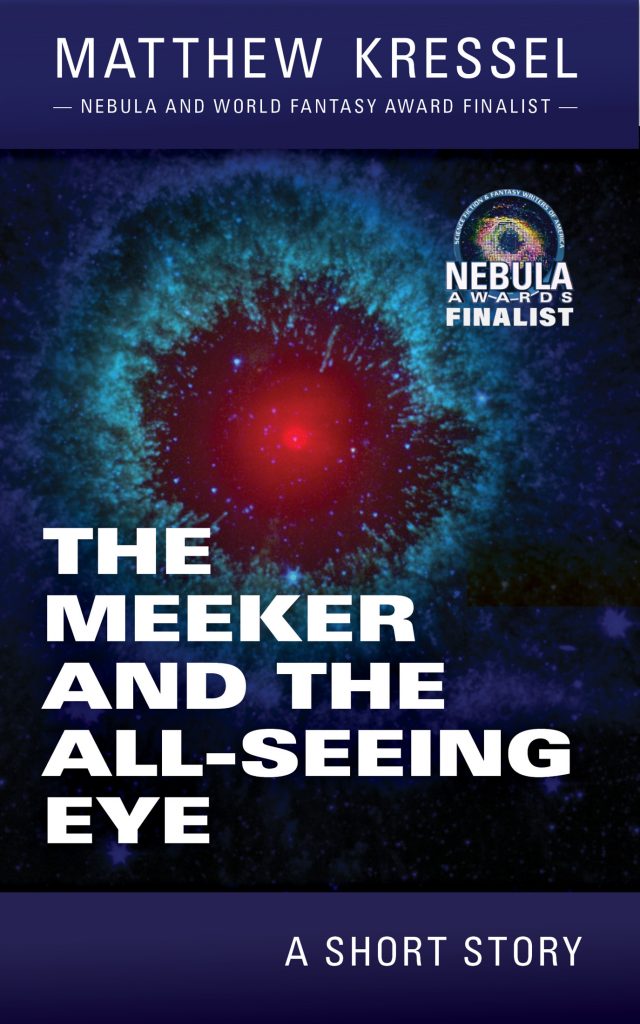When I first began reading about climate change and global warming, I had a little freak out. In my first year after college I printed out some alarmist signs like “Global Warming is Here!” and “70 Degrees in December?”. Then I went down to my father’s office and photocopied a few hundred of them, which I then dispersed all over my neighborhood. Well, dispersed is a pretty little euphemism. I stapled them to telephone poles, left them on recently chopped-down tree stumps, or dropped them in driveways. Looking back now, I know that my approach was a knee-jerk reaction to a serious problem. I was trying to wake people up to an issue that I felt that people were ignorant of.
Back then we also had something called Usenet. It’s a wasteland today. The signal-to-noise ratio is infinitesimal now. But back in the day Usenet (also known as “newsgroups”) was the pre-social-network way to communicate with like-minded people. They had groups for every topic. From “soc.religion.bahai” to “alt.wesley.crusher.die.die.die”. Some of the groups took themselves very seriously. If you posted an off-topic comment in their group, you might as well just have insulted their mothers. The internet term “flame war” arose in the kindling of these newsgroup battles. Some were epic. I tried posting my concerns about global warming in soc.environment once. Oh, they were not having it.
So I created a new group.
To create a Usenet newsgroup, you have to create a “control message”, which is a special type of post that tells news servers to add your group to its master list. Only problem was that most big ISPs (Internet Service Providers — today probably your phone or cable company) ignored the control message for security reasons. But I was a Computer Science graduate. There had to be a way!
I was using a small ISP. A friend of mine from college had given me access to his dial-up account. I also had access to a friend’s account in Australia.
I crafted my control message, and within minutes, I sent it through all three accounts. It took a few days to propagate, but “alt.global-warming” was born. But there was a problem. The larger ISPs still weren’t carrying the newsgroup. No problem. A company I worked for subscribed to Time Warner’s newsgroup feeds. A simple request to their IT department, and it was done. Once Time Warner picked it up, alt.global-warming went truly global.
For a while, I used the group as a place to post articles about the global warming problem. Others soon joined in, and it quickly grew popular, both among global warming believers and skeptics. The Kyoto treaty was a big topic, as was CO2 sequestration, fuel economy, solar energy, hydrogen fuel cells, even forestry. But the spam-to-post ratio kept growing, and soon the group collapsed into the debris field that is today’s Usenet.
Flash forward to today, and I feel the same thing has happened again. In the mid-to-late 90s, and in the early part of the 00s, global warming articles were abundant on the internet. So too were the skeptics and deniers, but at least there was a lively debate. Then came 9/11 and everyone felt there were more important things to worry about, like some stranger on a commuter train trying to blow you up. Global warming was deemed just not that pressing.
But let’s put things in perspective. This chart from The Economist tracks the number of deaths by terrorism in the thousands per year.

At its highest in 2007, terrorism-related deaths reached 13,000 per year. Certainly no small number. But according to a UN think tank, global warming already accounts for 300,000 deaths a year and may reach 500,000 by 2030 and cost the world $600 billion per year. That’s a US economic bailout pretty much every year.
And what have we done about it? Despite the rising gas prices and the dearth of fuel-efficiency increases, we still by SUVs by the truck load while sales of fuel-efficient electric or hybrid cars have plateaued and even fallen. Our factories still spout tons of CO2 every year and the deforestation of our planet continues at an alarming rate.
On July 1, 2012 we had one of the hottest days on record in the US, with high-temp records broken in hundreds of cities.
Today is the third day in the high 90s here in New York, and tomorrow it’s expected to reach 104F. I think of the elderly, who risk stroke in this high heat. I think of the poor of the world, people who live in low-lying areas, who cannot protect themselves from storms and floods caused by the rest of the world’s indulgence in fossil fuels. I think of the drowning polar bears and I think of the tropical diseases coming north and south into temperate zones. And I think that all of this could have been prevented had we been listening to the climate scientists when they warned us about it two decades ago.
Part of me wants to print out flyers again, or start a newsgroup, or stand up on my roof and shout to passersby, “Global Warming is Here!” And this time I’d add, “And what the fuck are we going to do about it?”











































December 7, 2012 at 5:37 pm
Nice post. It is also interesting to read about the genesis of alt.global-warming.
June 12, 2015 at 3:32 pm
first of all, global warming is a nonsequiter,
from Svente Ahrrenius’ 1896 coinage of glassal housing,
as I refer to it. secondly,
while glass housing gasses are of extreme importance to the atmosphere,
it really is not much like having a giant glass sphere around Earth — not even close.
in deed, the GCMers seem to ignore the most important glassal houser,
water vapor by far — which is produced in equal amount by combustion!
I am on alt.global-warming, fending of the denierists & confirmerists
of all sorts of nastiness, although it seems to be just a chatroon,
with a few every-day chatfolk